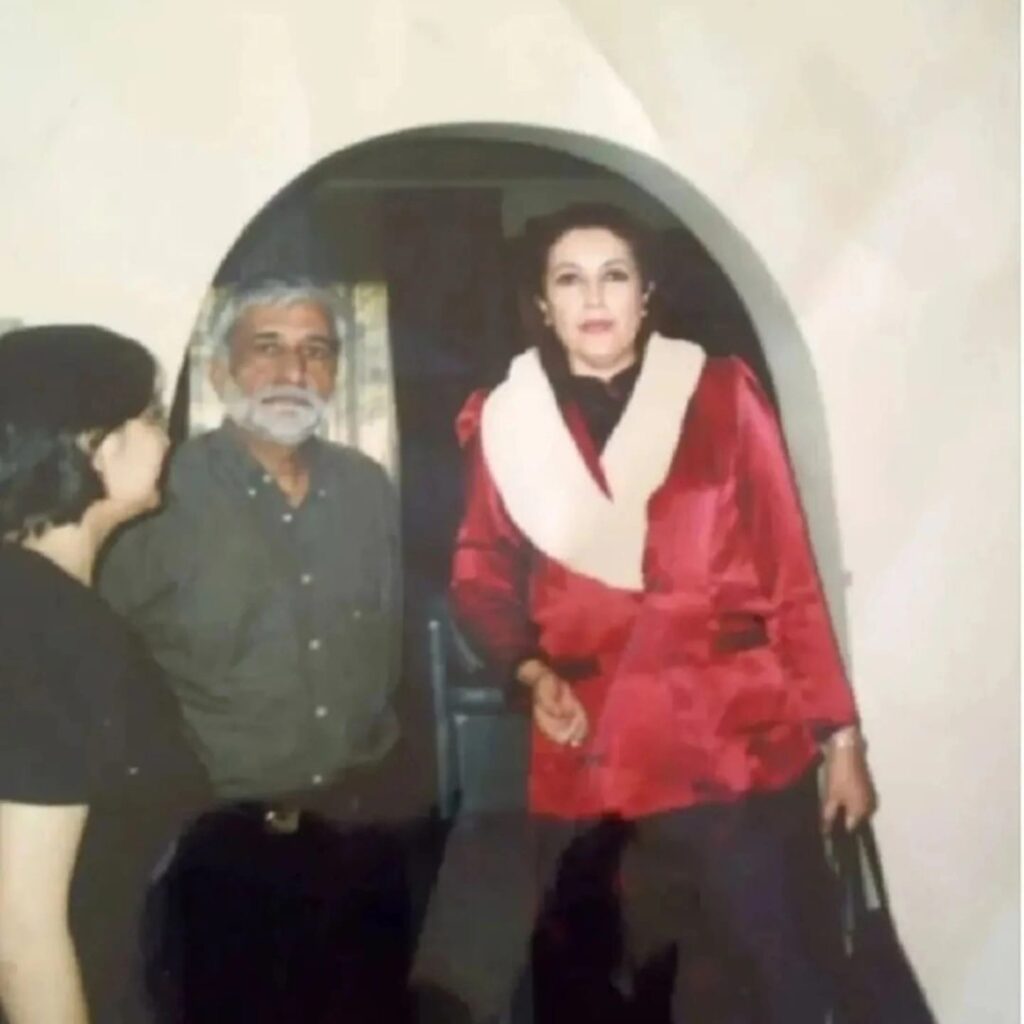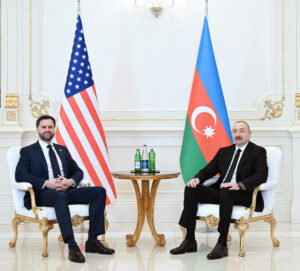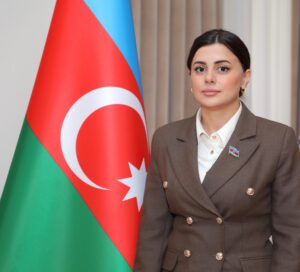Beyond Borders, Beyond Race: A Life Devoted to Humanity

In a world increasingly divided by lines of race, religion, and nationality, there are still souls who rise above these walls and remind us that humanity is the highest calling of all. Compassion knows no passport, no border, no creed—it is the universal language of the heart. There are individuals whose lives become living testimonies to this truth. The late Abdul Sattar Edhi, a name revered across the globe, chose not only to live for others but to breathe for their sake. His legacy is not just remembered; it continues to inspire countless others who dedicate themselves to serving suffering humanity.
Among those who follow in the footsteps of Edhi—though oceans away from Pakistan—is a man whose story demands to be told. Haroon Noor Muhammad, born in 1948 in Pretoria, South Africa, is a living example of how love for humanity and one’s roots can transcend time and geography. Despite being born on African soil, his heart has always beat in harmony with the people of Pakistan, a land where he spent his formative years. Forced by the cruel tides of apartheid—South Africa’s legalized racial discrimination—Haroon came to Pakistan in 1963 for his education. There, not only did he acquire academic knowledge, but also developed a deep and lasting connection with the country and its people.
Two of his brothers, now deceased, studied at the famed Dow Medical College. Haroon himself enrolled at Karachi Grammar School and later at St. Patrick’s College, where he pursued a Bachelor of Commerce degree. It was at St. Pat’s that history was made—he became the first foreign student to be elected President of the College Students’ Union in 1971–72, a feat not just of political participation but also of inclusion and acceptance. This milestone speaks volumes of the bridge he built between cultures, races, and communities even in his youth.
From 1973 to 1976, Haroon attended the Institute of Business Administration (IBA) in Karachi, earning an honours degree in Business and an MBA. With his education complete, he returned to South Africa, only to find the doors of opportunity closed in his face—shut tight by the oppressive force of apartheid. Despite his qualifications, the colour of his skin dictated his fate. He was not permitted to work in the professional spaces his education had earned him access to. Yet this disappointment did not wither his spirit. Rather, it planted within him a greater resolve to serve.
Haroon restarted his connection with Pakistan in numerous ways.
In 2001, during her exile, Benazir Bhutto was received at his residence in Pretoria. That day, spent in the warmth of family and friendship, remains etched in his memory—a memory he holds close to his heart. In 2005 and again in 2010, when Pakistan was struck by devastating earthquakes and floods, Haroon did not merely offer words of sympathy; he mobilized resources from South Africa and conducted relief work in collaboration with none other than Abdul Sattar Edhi. He considers Edhi a divine gift to mankind and is honoured to have worked beside him.
His efforts have not gone unnoticed. In April 2025, Haroon was invited to Pakistan and honoured with the Governor’s Award in Peshawar for his lifelong commitment to humanitarian work and for being a bridge between Pakistan and South Africa. In a world hungry for such examples, his life offers a shining beacon of hope. He has hosted every Pakistani ambassador to South Africa at his residence since 1994, turning his home into a sanctuary of diplomacy, hospitality, and connection. Among his many memories is his acquaintance with Junaid Jamshed during the latter’s visit to South Africa—a friendship that, like many others, lives on in his heart and stories.
What makes Haroon Noor Muhammad’s story even more poignant is that his affection for Pakistan is not rooted in political opportunism or identity politics. His family had migrated from India to South Africa before the Partition of 1947. Yet the land of Pakistan, its people, and the days he spent on its soil left an indelible mark on his soul. He did not just study in Pakistan; he absorbed its culture, made lifelong friendships, and internalized its values. Pakistan, to him, is not merely a country on the map—it is a part of his being.
His life story is a blend of resilience, love, and unyielding faith in the goodness of people. His efforts are now being considered for recognition through the prestigious Presidential Award of Pakistan—an honour richly deserved for a man who never stopped serving, never stopped loving, and never ceased believing in the boundless power of humanity. In an age when the world feels increasingly fragmented, Haroon Noor Muhammad reminds us that the best of us are those who live not for themselves, but for others—across oceans, across barriers, and across time.


